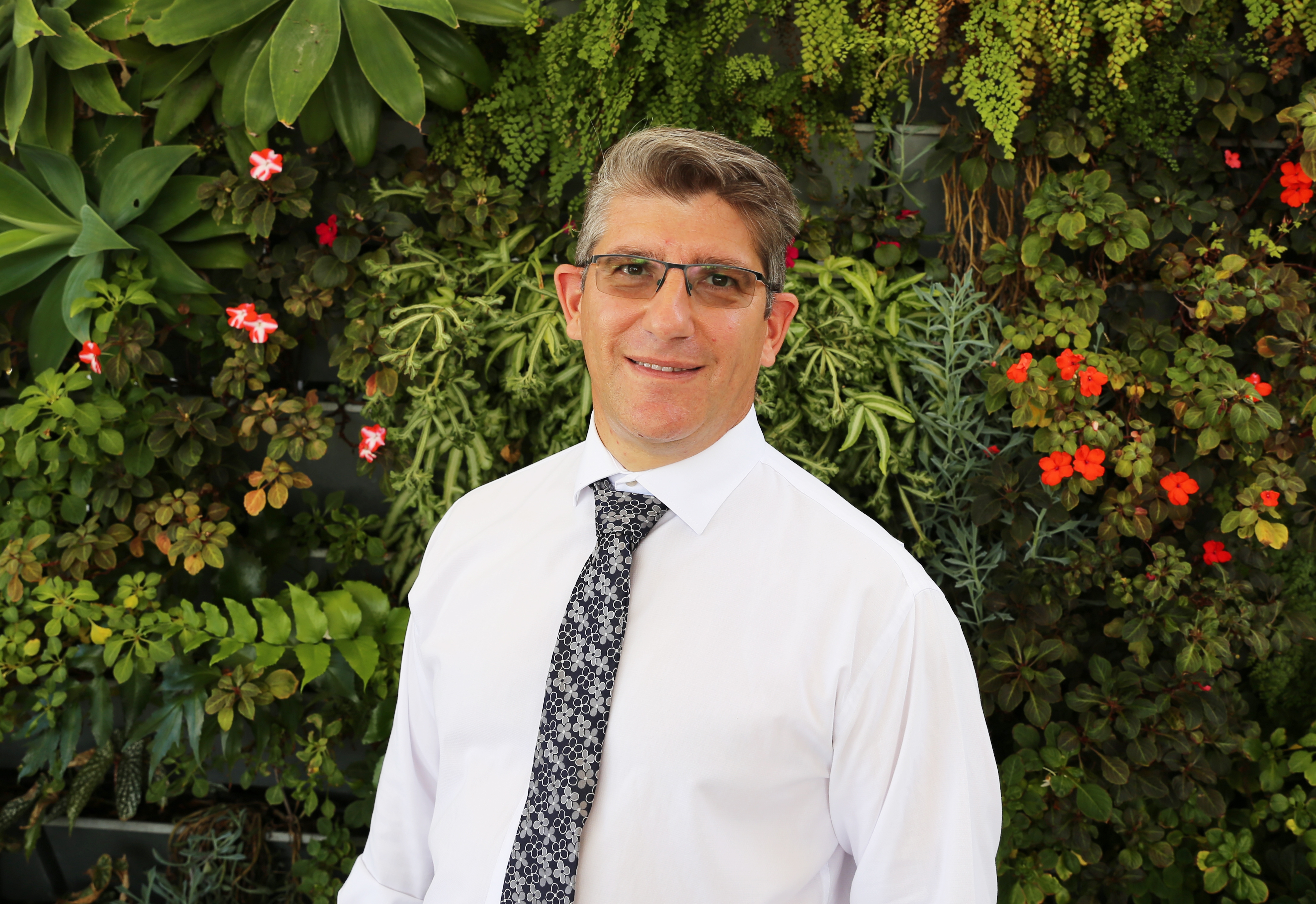This weekend, I went on a Bronze Duke of Edinburgh hike with Year 9 through Ku-ring-gai National Park. It was quite a journey—physically, emotionally, and spiritually. Honestly, I think a lot of us, myself included, wouldn’t have made it without the strength of being in a group.
I was deeply moved by several moments along the way.
More than once, I heard students say, “Where’s Mr. Oliver? Let’s wait for him.” I had fallen behind at times, and every time, someone noticed. When crossing mossy boulders across a stream, students reached out their hands to steady me or help me across. I was there to lead and supervise them—but they were taking care of me. It was humbling. I quietly thanked God, because in those moments, they truly saw me—not just as a teacher, but as a fellow traveller.
Near the end of the hike came the most powerful moment. The final stretch is a brutal 45-degree incline that climbs for several hundred metres. My joints ached, my muscles were burning, and every step felt heavy.

Partway up, I saw two girls stopped on the side of the track. When I approached to see what was wrong, one of them was crying. She was completely exhausted, carrying a backpack almost as big as she was. My first instinct was to say, “Come on, we’re nearly there,” and encourage her to push through. But she looked so broken. And truthfully, I was exhausted too.
Then the Spirit nudged me.
I took her backpack, gave her my walking stick, and carried the load for her.
As we neared the top, one of the other teachers saw me struggling and took the weight from me. I was completely spent. But I was also deeply grateful.
Later, I reflected on Galatians 6:2: “Carry each other’s burdens, and in this way you will fulfill the law of Christ.” That verse came alive for me on the trail—through students and through colleagues
Life is hard. Wisdom reminds us we’re not meant to do it alone. We are meant to walk together.
Doing life together means truly seeing others - where they are, not just where we think they should be - and responding. Compassion isn’t a theory; it’s love in action. It’s costly. But the ability to give compassion comes from first receiving it.

